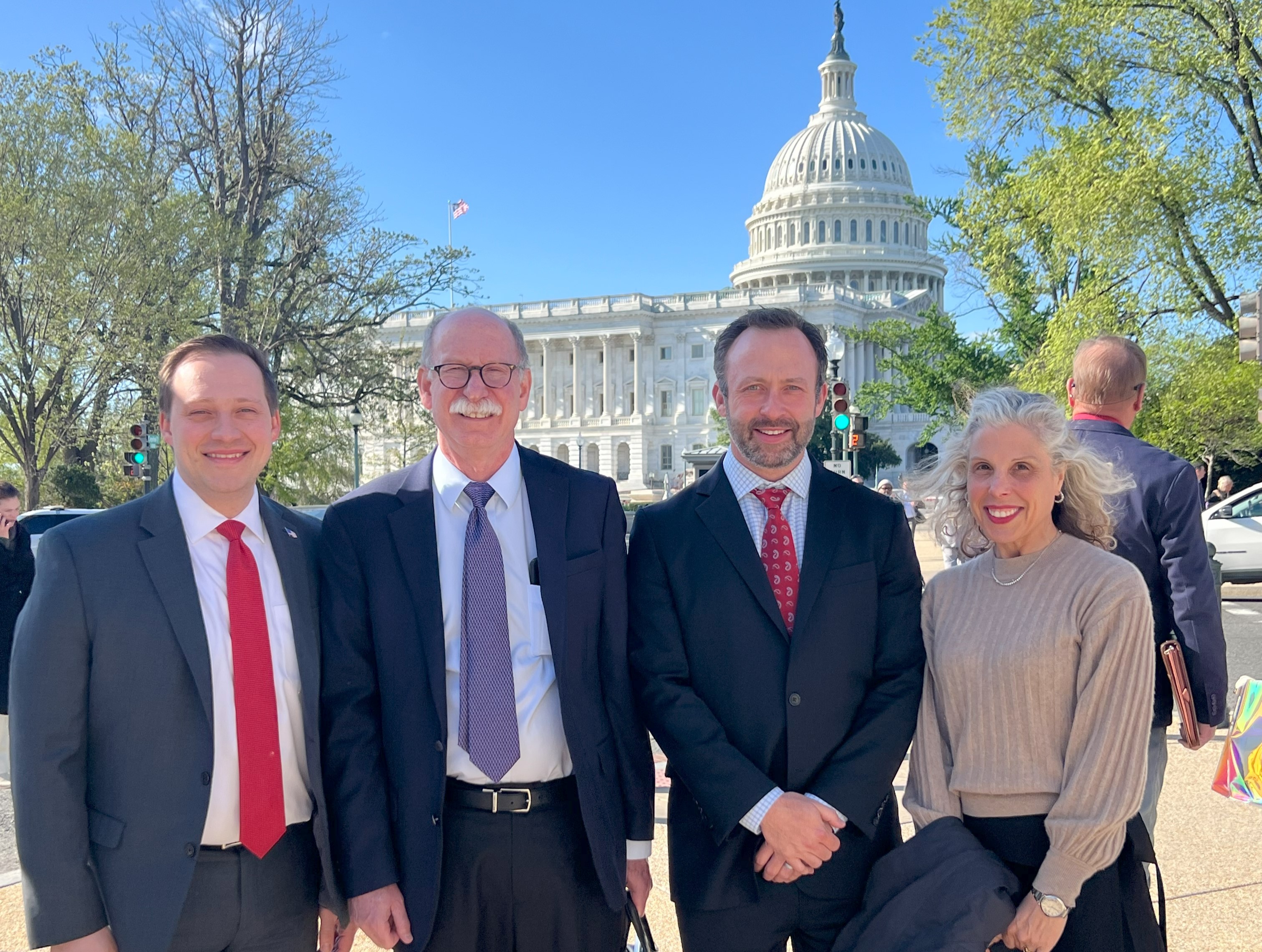Policy Brief: Sustaining the Health Care Workforce and Supporting Provider Well-Being
Aug. 2023
The United States is grappling with a healthcare staffing crisis exacerbated by structural changes and the aftermath of the COVID-19 pandemic. This policy brief outlines key strategies to bolster the well-being of healthcare professionals to address some of these challenges and ensure the vitality of the healthcare workforce,
Urologists, facing the most stressful job in the U.S., according to The Occupational Information Network (O*NET), are impacted by physician shortages and economic pressures. Escalating inflation and the impending Medicare Physician Fee Schedule (MPFS) payment reduction further burden urology practices. Furthermore, the strain on healthcare professionals' quality of life is driven by safety concerns, excessive administrative duties, and a lack of attention to mental health.
Some strategies to address these healthcare provider shortages include:
- Investing in Medical Education and Faculty: Supporting students, graduates, and aspiring healthcare providers will strengthen the healthcare pipeline. To address the critical issue of healthcare provider shortages, it is necessary to make strategic investments in medical education and faculty. By supporting students, graduates, and aspiring healthcare providers, we can strengthen the pipeline of medical professionals.
- Expanding Residency Slots: Increasing Medicare-funded residency slots addresses physician shortages, particularly in specialties like urology. This measure will directly impact the training and availability of physicians, enhancing the overall healthcare workforce and addressing critical shortages in specific fields.
- Legislation to Boost the Nursing Workforce: Bills such as the National Nursing Workforce Center Act of 2023 will modernize nursing education and evidence-based programs. These steps would be vital for informed decision-making and ensuring that nursing professionals have the knowledge and skills to provide high-quality care.
- Supporting Underserved Areas: Extending funding for community health centers and the National Health Service Corps (NHSC) incentivizes practice in underserved regions, improving access to care. These reforms can help ensure that healthcare professionals are motivated to serve where they are needed most, ultimately improving access to care for vulnerable populations.
Strategies to Grow the Workforce and Promote Healthcare Provider Well-Being:
- Visa Facilitation: Streamlining visas for foreign-trained nurses and maintaining visa waivers for physicians in underserved areas will supplement the healthcare workforce in critical regions. These measures will provide additional skilled professionals and ensure healthcare services reach the most needed places.
- Enacting the SAVE Act: Federal protections against violence and intimidation and funding for violence prevention programs and infrastructure improvements will enhance provider safety.
- Grant Funding for Well-Being Projects: Providing grants for projects that enhance healthcare professionals' well-being will create more supportive work environments. Scaling well-being practices across the healthcare field is crucial. We can create a more effective healthcare system by integrating these practices with efforts to enhance quality and patient experience.
- Integrating Well-Being Practices: Integrating well-being practices with quality enhancement efforts is pivotal for physician groups.
The New HHS Health Workforce Initiative
In July, the U.S. Department of Health and Human Services (HHS) launched the HHS Health Workforce Initiative to strengthen and expand the health workforce. With a proposed $2.7 billion investment for HRSA's training, scholarship, loan repayment, and well-being programs, the initiative is designed to support disciplines across the healthcare industry.
Recent Legislation Addressing the Physician Shortage
The Resident Physician Shortage Reduction Act of 2023, introduced by Reps. Terri Sewell (D-AL) and Brian Fitzpatrick (R-PA) gradually expands Medicare-supported medical residency positions by 14,000 over seven years. This bipartisan legislation, endorsed by the AAMC, is vital to combat the projected physician shortage and enhance healthcare access.
To ensure accessible, high-quality healthcare, tackling workforce shortages and prioritizing healthcare provider well-being is imperative. By adopting the proposed strategies and supporting initiatives such as the HHS Health Workforce Initiative and the Resident Physician Shortage Reduction Act, the U.S. can cultivate a robust and diverse healthcare workforce capable of meeting the nation's healthcare needs.
By providing practice management resources, advocacy, and support for young urology residents, LUGPA aims to alleviate regulatory burdens and improve reimbursement for its members. You can learn more about our programs here:
LUPGA Management Resources
LUGPA Resident Resources
LUGPA Health Policy and Advocacy
|




